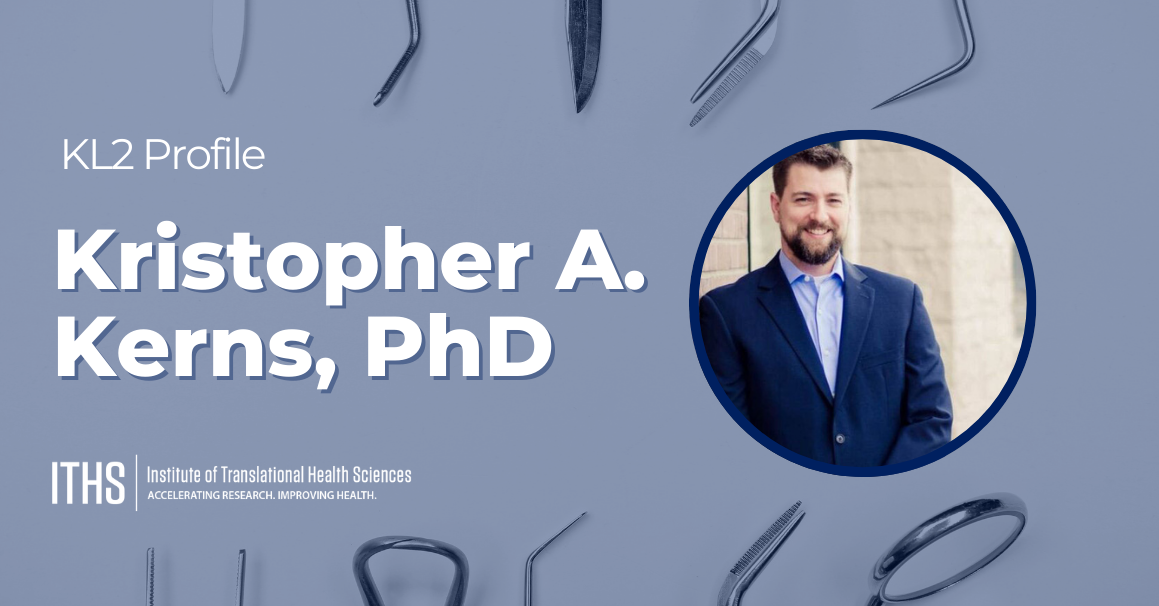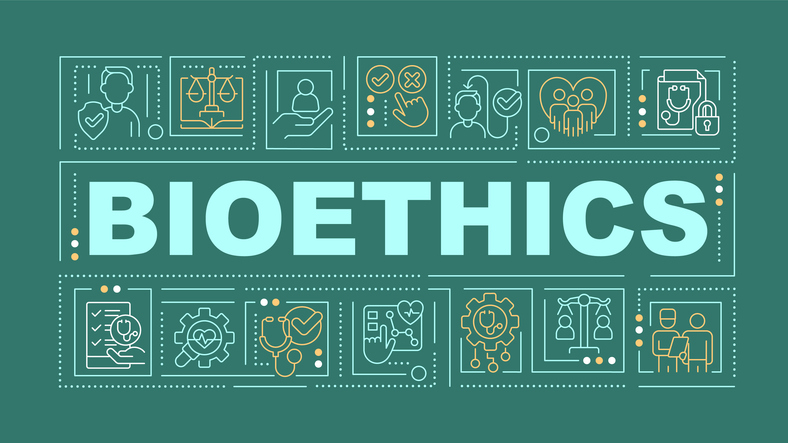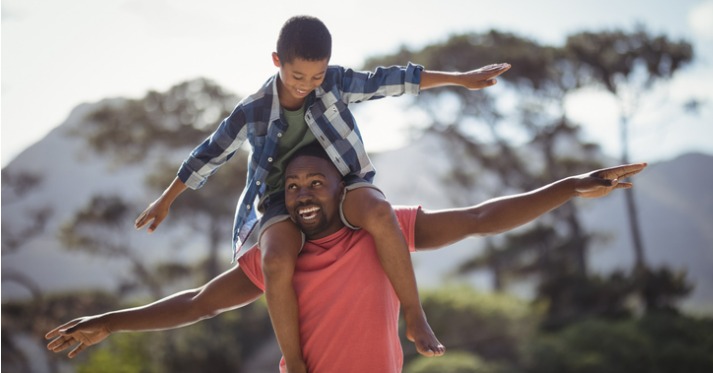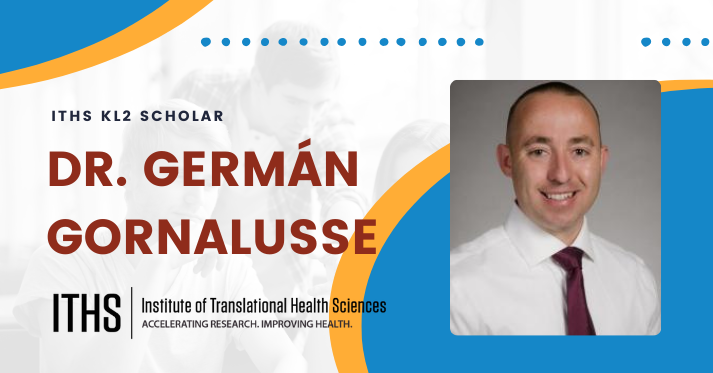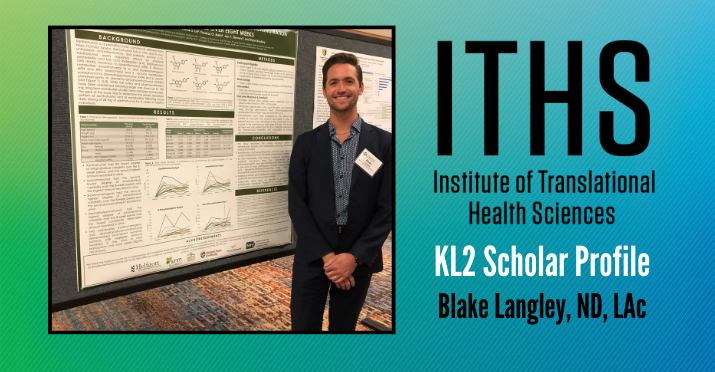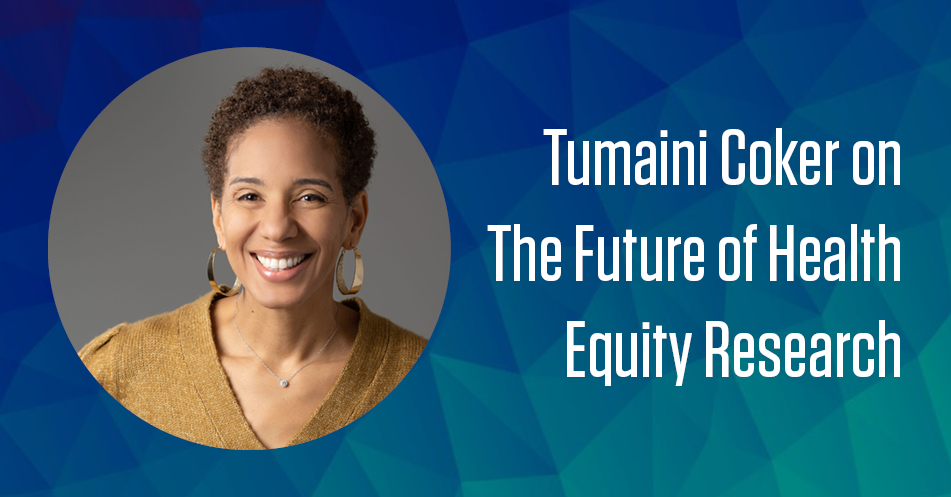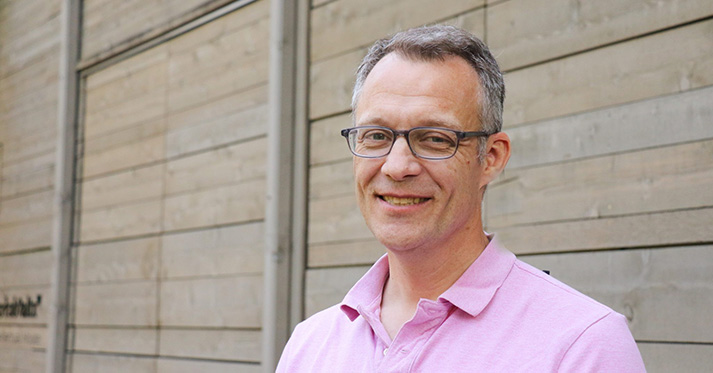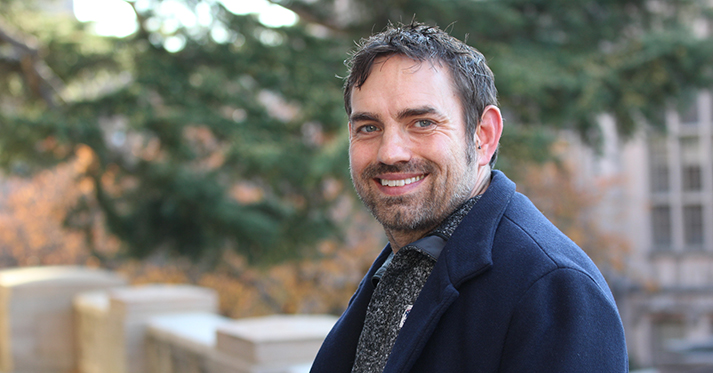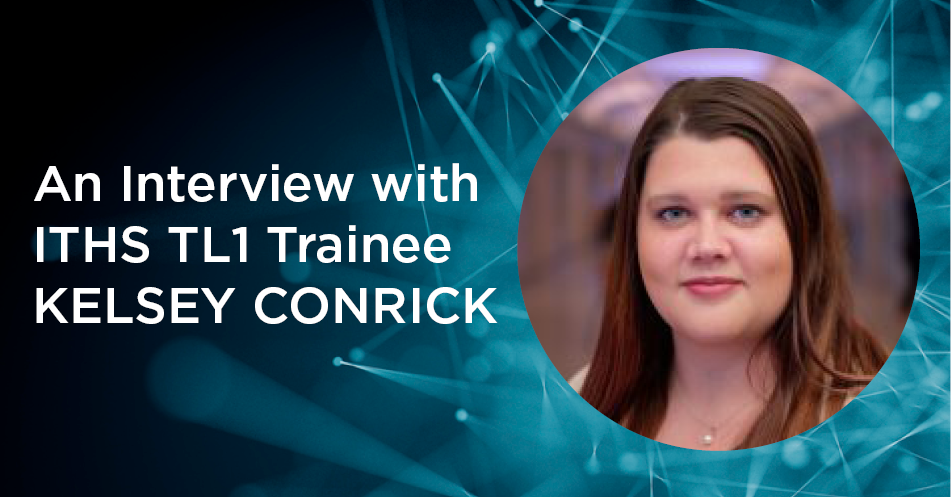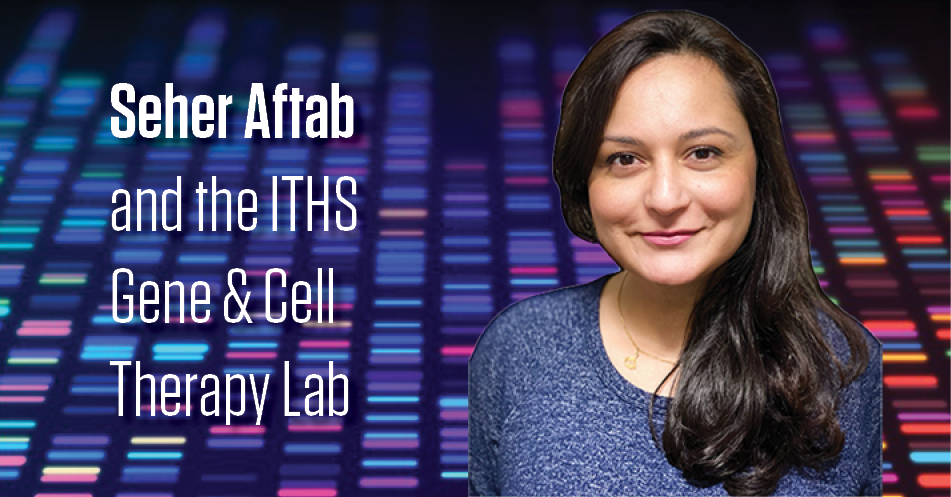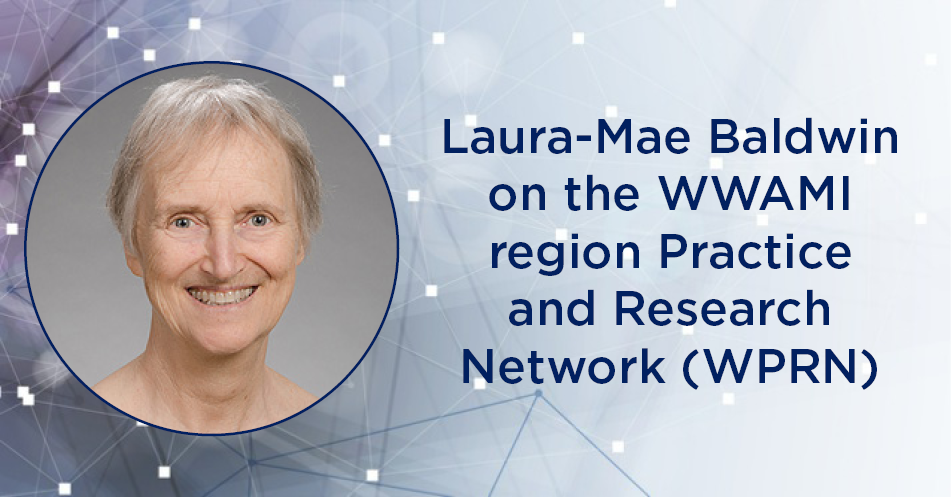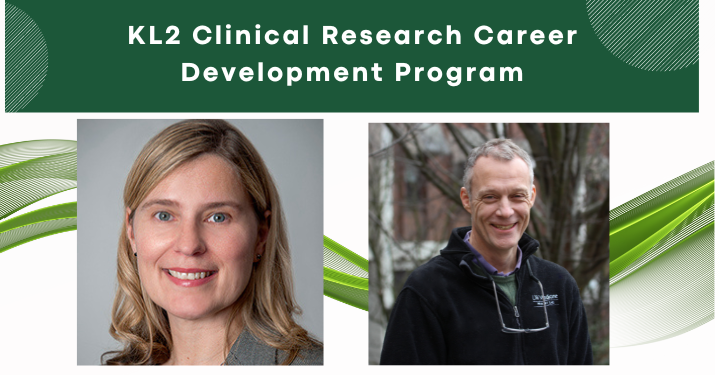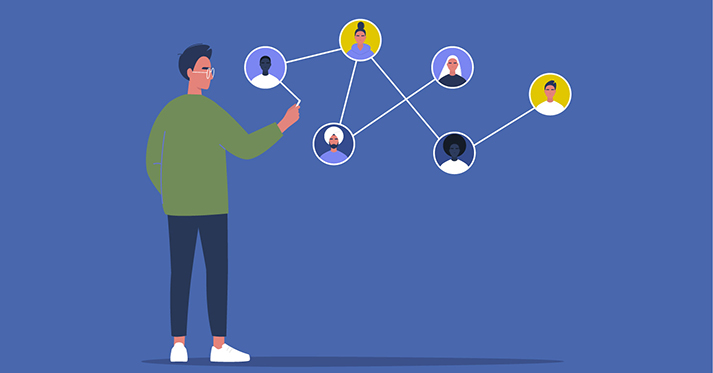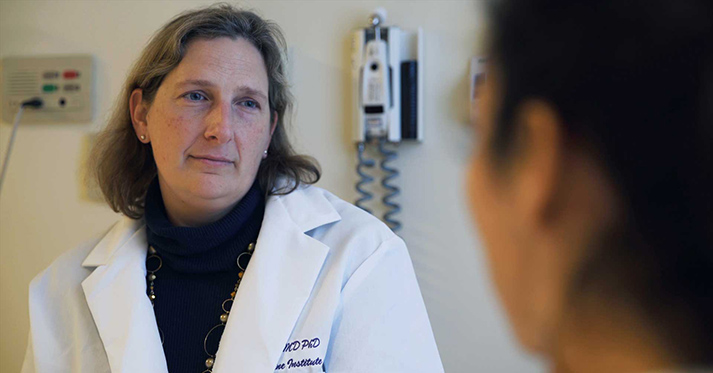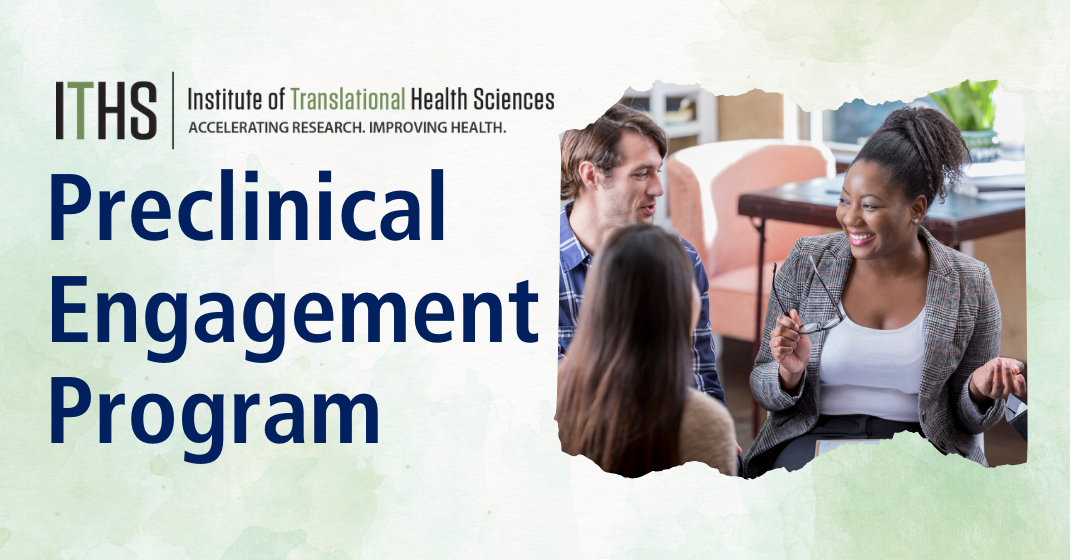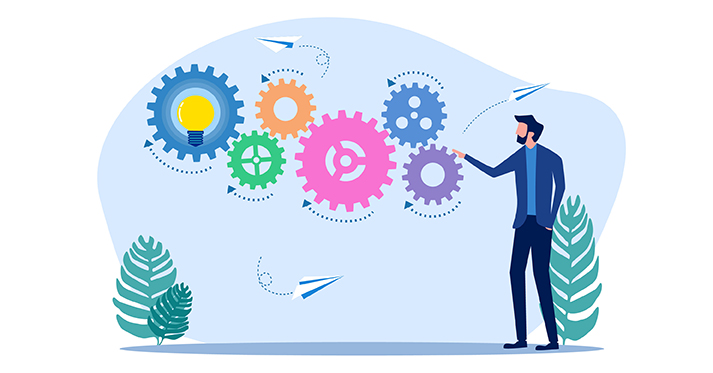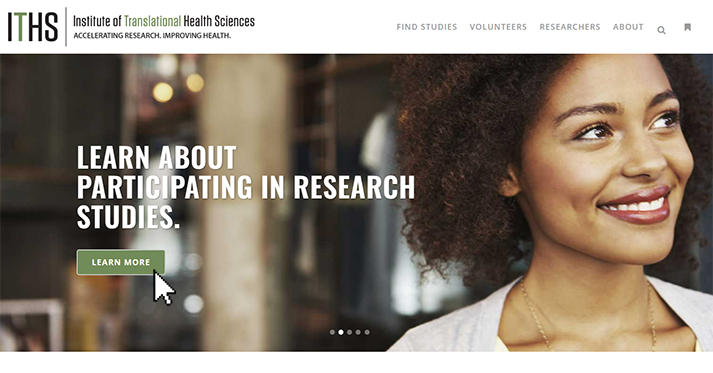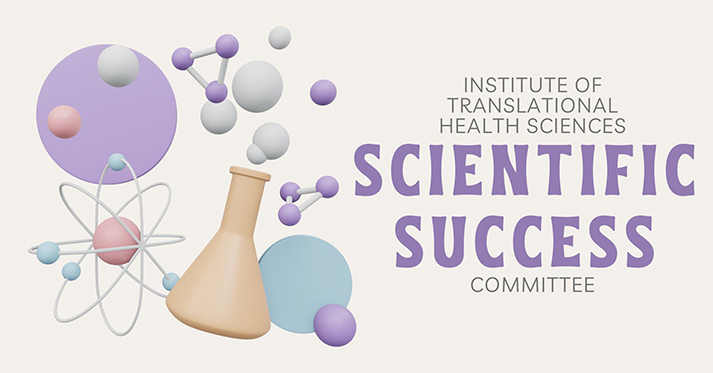
People & Programs
At the Institute of Translational Health Sciences (ITHS), we strive to help researchers get their discoveries from the lab to clinic practice to help improve the health of communities in our region and beyond. On this page, you can learn more about the people and programs that make up ITHS and find out how their work is accelerating health research every day.
ITHS Interviews
ITHS KL2 Profile: Kristopher A. Kerns, PhD
KL2 Scholar Kristopher Kerns told us about how he went from selling fruit in a grocery store to becoming a scientist doing NIH- and industry-sponsored research, and the critical support he received from ITHS programs and faculty along the way.
Navigating the FDA Maze with Dr. Lynn Rose
We sat down with Dr. Lynn Rose to learn more about her work and the services she provides researchers through the ITHS Technology Development Center (TDC) and the ITHS Drug and Device Advisory Committee (DDAC).
Ethical Dilemmas in Research: Insights from the ITHS Bioethics Team
Members of the ITHS Bioethics Team sat down with us for an interview about their new book, Challenging Cases in Research Ethics, which comprises decades of bioethics research published in the American Journal of Bioethics and is designed to be a resource for researchers, and students in healthcare research fields.
ITHS Pilot Funds Support Culturally Diverse Autism Services
We spoke with Shana Attar and Hannah Benevidez, who received an ITHS Academic-Community Partnership pilot award to work with Mother Africa, a local non-profit organization founded in King County to aid African refugee and immigrant women and their families.
Addressing the Aftermath: Mental Health Interventions for School Shooting Survivors
In this profile, we are spotlight the research of Cami Rencken, a predoctoral ITHS TL1 Trainee at the University of Washington, whose work focuses on the mental health impacts of school shootings.
Connecting the Dots: Where Informatics and Mental Health Come Together
We took a look at the vibrant career of Dr. Kari A. Stephens, a longtime faculty contributor to our community engagement program, whose multidisciplinary background provides a unique lens through which she approaches her work, merging the realms of informatics and mental health care.
ITHS KL2 Profile: Dr. Germán Gornalusse
We spoke to recent KL2 program alumnus Germán Gornalusse, PhD, MS, about his education journey, what he’s most proud of in his career so far, and what advice he has about the future of HIV/AIDS research.
ITHS Profile Series: KL2 Scholar Blake Langely
In 2024, we begin a new profile series to shed light on some of the distinguished scholars currently participating in our KL2 Program. Our first scholar is Blake Langley, ND, LAc., who spoke to us about his focus on integrative oncology, the acupressure research he’s most passionate about, and what challenges he expects to face in his journey.
ITHS Interview Profile: Dr. Tumaini Coker on the Future of Health Equity Research
We connected with Dr. Tumaini Coker, the Co-Lead of the ITHS Integrating Special Population program, for our August installment of our interview series. Dr. Coker shared her academic and professional journey in the field of pediatrics, the importance of health equity research, and the probable future trajectory of health equity research.
ITHS Interview Profile: Diving into Male Contraception Research with Dr. John Amory
In our June installment of our interview series, we sat down with Dr. John Amory, a renowned researcher in the field of male contraception and the Deputy Director and Associate Principal Investigator of the Institute of Translational Health Sciences (ITHS). Dr. Amory spoke to ITHS about his research journey in the burgeoning field of male contraception, what still surprises him, and what breakthroughs he thinks might be just around the corner.
ITHS Interview Profile: Connecting Multi-Disciplinary Teams with Charlie Gregor
In our this installment of our interview series we sat down with Charlie Gregor, manager of the ITHS Hub Liaison Team and the Network Capacity Component. The ITHS Hub Liaison Team is a multidisciplinary team of subject matter experts spread across the multiple research and research support groups at University of Washington and Seattle Children’s Hospital.
Preventing Harm with Firearm Policy: An Interview With TL1 Trainee Kelsey Conrick
In this installment of our interview series, we spoke with Kelsey Conrick, a PhD student at the University of Washington School of Social Work, and member of the 2022-2023 TL1 Translational Research Training Program cohort at ITHS. Her focus is on firearm policies, and her dissertation seeks to develop resources to help equip social workers to prevent firearm-related harm to their clients.
An Interview With Seher Aftab
Seher Aftab, manager of the ITHS Gene and Cell Therapy Lab (GCTL), is a leader on the frontlines of bridging the gap between scientific discoveries and healthcare treatments. We sat down with Aftab to learn more about her journey to this position.
An Interview With Laura-Mae Baldwin
The ITHS WWAMI region Practice and Research Network (WPRN) is a primary care, practice-based research network across 34 organizations and over 90 clinics in the five-state WWAMI region (Washington, Wyoming, Alaska, Montana, and Idaho). In this interview, we speak with one of WPRN’s founders, Laura-Mae Baldwin.
ITHS Program Profiles
“Project Alaska” Aims to Build Connections and Reduce Disparities
In this profile, we focus on a promising new DEIA initiative from the WPRN called Project Alaska. The goal of of this program is to enhance healthcare for Alaskans, including Native populations, by fostering research collaborations with primary care practices.
RADIANT: Enhancing Diversity in Cancer Clinical Trials
ITHS, in collaboration with the Andy Hill Cancer Research Endowment CARE Fund, is proud to announce the RADIANT program. This initiative addresses a critical area of need in oncology research: the lack of diversity among participants of cancer clinical trials.
ITHS Profile: KL2 Career Development Program
We are shining the light on our brilliant KL2 Multidisciplinary Clinical Research Career Development program, as well as the leaders who have made this program so successful. We spoke with both Dr. Christy McKinney and Dr. John Amory to discuss what they love about the KL2s, and what kind of legacy they want to create.
The ARPA Way: How ARPA-H is Poised to Supercharge Health Technology Development
The Advanced Research Projects Agency for Health (ARPA-H) was founded to bridge the gap between discovery and public benefit by supercharging development though significant financial and management support. The UW ARPA-H Committee was developed to assist researchers at UW and its partners in accessing these new resources.
Team Science Seminar Series: A Foundational Opportunity for Future Researchers
At noon on the first Thursday of each month from October 2022 through June 2023, the ITHS Team Science group hosted the Team Science Seminar Series, with sessions focusing on topics such as building and leading teams, handling conflict, multi-PI grants and designing research for health equity. We spoke with Team Science Co-Director Brenda Zierler about why the series was created and how successful it has been.
Rural Health Lab: Bringing Rural Health to the Forefront of Translational Science
We sat down with Dr. Allison Cole and Dr. Kelly McGrath to learn more about the new ITHS Community Engagement project, the Rural Health Lab. The Rural Health Lab, in partnership with the Institute of Translational Health (ITHS) and Kootenai Health, is co-led by Dr. Cole and Dr. McGrath to mitigate critical health disparities in rural communities.
Connecting with Community Partners: Learning more about the Preclinical Engagement Project
In this post we put the spotlight on building community connections and how preclinical investigators can start strengthening those relationships to better serve their populations. To that end, we’re learning more about the Preclinical Engagement Project with Sonia Bishop, one of the project leaders, and Laurie Hassell, Director of Community Engagement here at ITHS.
Gene & Cell Therapy Lab: Exploring a Treatment for Advanced Ovarian Cancer
At the Institute of Translational Health Sciences (ITHS), we help accelerate medical discoveries from our laboratory, the Gene & Cell Therapy Lab (GCTL) to the clinic by partnering with researchers and companies to help them develop, manufacture and test medical products in clinical research trials. This story highlights the GCTL services and one of their partnerships through a project that is testing a promising treatment for advanced ovarian cancer.
ITHS Services
Connect with Community Advisors through the ITHS Preclinical Engagement Program
Our Preclinical Engagement Program can help you bring the perspectives of patients and communities into the early stages of research, ensuring research decisions are informed by the real-world experiences, needs, and priorities of those impacted by the health outcome being studied.
How To Use ITHS: Accessing Tools & Resources Under the “Investigators” Tab
Did you know the ITHS website also offers a Tools & Resources page where investigators can find a variety of guides, toolkits and links to help speed health innovation? It’s all under the “Investigators” tab!
Boost Your Study Recruitment with this ITHS Tool
One of the most effective tools ITHS offers in the quest for study subjects is the Participate in Research website, helping researchers and potential participants to connect. Launched in 2015, the site is a centralized online location for research teams post their studies to including a basic description, eligibility information, IRB approvals and the study contact.
Bolster Early Research Development with the ITHS Scientific Success Committee
ITHS has a long history of helping researchers prepare for submitting a grant, creating a study or even helping to shape up research ideas that are in early stages. Sometimes researchers need a broader perspective on study design and implementation from clinical investigators and other experts, and that’s where the ITHS Scientific Success Committee can help.




